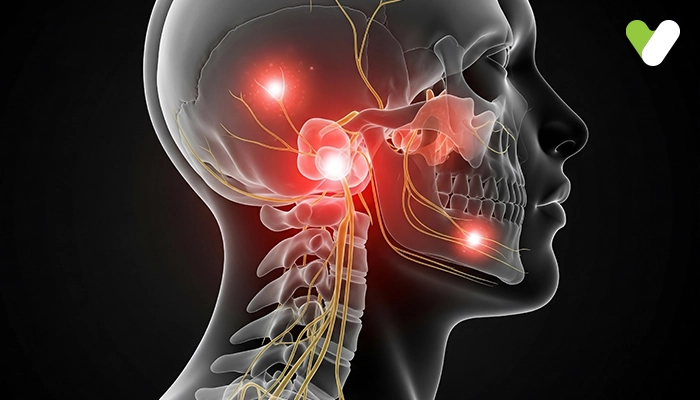Temporomandibular joint dysfunction is a condition that requires treatment in both adults and children. You should learn more about the TMJ symptoms and other TMJ treatment procedures in order to stay aware and informed.
Learning More About TMJ
Before you go into the root causes behind temporomandibular joint dysfunction, you should learn more about TMJ itself. What is it? It is basically the temporomandibular joint which links the lower jaw or mandible to the skull. The joint may be seen on both sides of the head and right in front of the ears. It is the joint enabling the closing and opening of the jaw, thereby enabling eating and talking alike. The TMJ abbreviation or TMJ disorders basically refer to several health issues linked to the jaw. TMJ is also used in some cases.
These are ailments that may lead to tenderness in this joint, difficulty in movement of the same, pain and more. These disorders are commoner amongst women as per studies and can be treated by specialists although they have varying reasons. Diagnosis of TMJ symptoms is tough in some cases.
TMJ Symptoms
Before learning about TMJ treatments, you should first understand the symptoms involved. These usually depend on the reason or severity of the health condition in this regard. The commonest such symptom is jaw pain and even pain in the muscles surrounding the jaw as well. Based on research reports, some other symptoms include neck or facial pain, stiffness in the jaw muscles, limited jaw movements, popping/clicking sounds at the TMJ spot, jaw locking, vertigo, tinnitus, dental problems, headaches and jaw shifts. Symptoms may crop up on both sides of the face or a single side.TMJ Treatments for Disorders
There are varied treatment options for such disorders. These include home-based treatments as recommended initially by doctors. They sometimes recommend consumption of softer food items, using ice for combating swelling, avoiding chewing tougher foods and gum, lowering jaw movements for a while, using exercises to stretch the jaw and reducing stress levels.If these measures do not work, then medication is also recommended. Some of the options include corticosteroids, NSAIDs or non-steroidal anti-inflammatory drugs, antidepressants, muscle relaxers, and local anesthetics. Doctors will help in deciding on the best possible medication options based on health records and personal medical conditions of patients.
There are several therapies including cooling, heat, tissue mobilization and acupuncture therapies, which may be used as well. Other options include stretches and resistance exercises. If symptoms still do not improve, then doctors may insist on surgery for fixing the issue. One treatment method is via Botox injections which are done for points which are more painful or chronic grinding of teeth. Doctors may also recommend corrective dental procedures or arthrocentesis and joint replacement surgeries. You should always consult your doctor about the risks behind these medical procedures.
The Reasons Behind TMJ Disorders
The causes include jaw/joint trauma along with arthritis, continual teeth clenching or grinding, erosion of the joint, any growth disorder, and structural jaw problems from birth. Some risk elements include improper posture which leads to strain on the face and neck, female hormones/estrogen, hypermobility of the joints and excessive stress as well.Diagnosis of these Disorders
Diagnosis can sometimes be tough since no standard testing procedures exist in this case. Doctors may refer patients to dentists or ENT specialists for this purpose. Examinations are done for finding out any tenderness or swelling in such cases. Other imaging tests may also be required, including CT scans, X-rays, and MRIs.TMJ disorders are not always preventable but symptoms may be tackled through reducing overall stress, taking part in physical exercises and therapies, along with working with a doctor/dentist if you are chronically grinding your teeth while sleeping or during the daytime. Some of the solutions for frequently grinding teeth include wearing mouth guards during the night and also going for muscle relaxers if recommended by the doctor.


